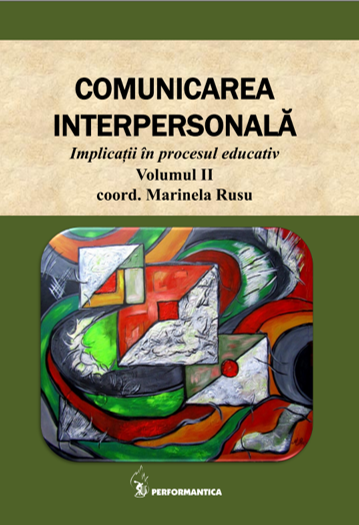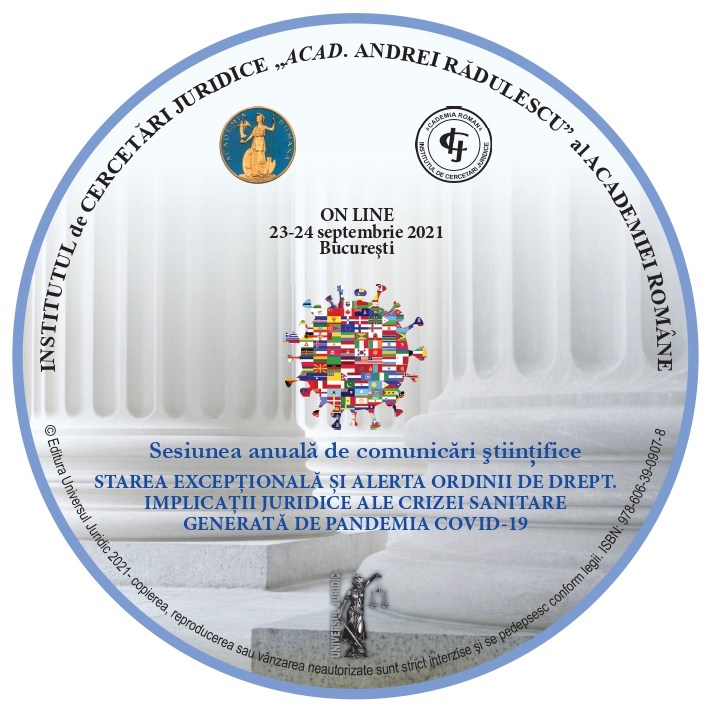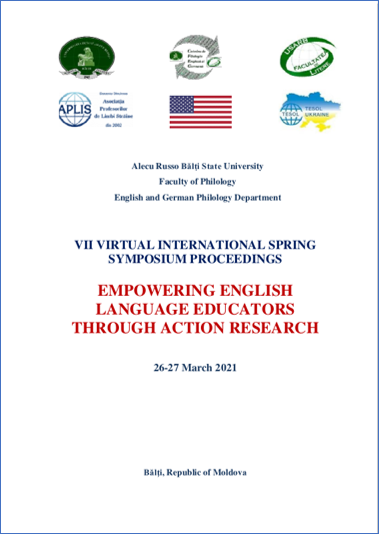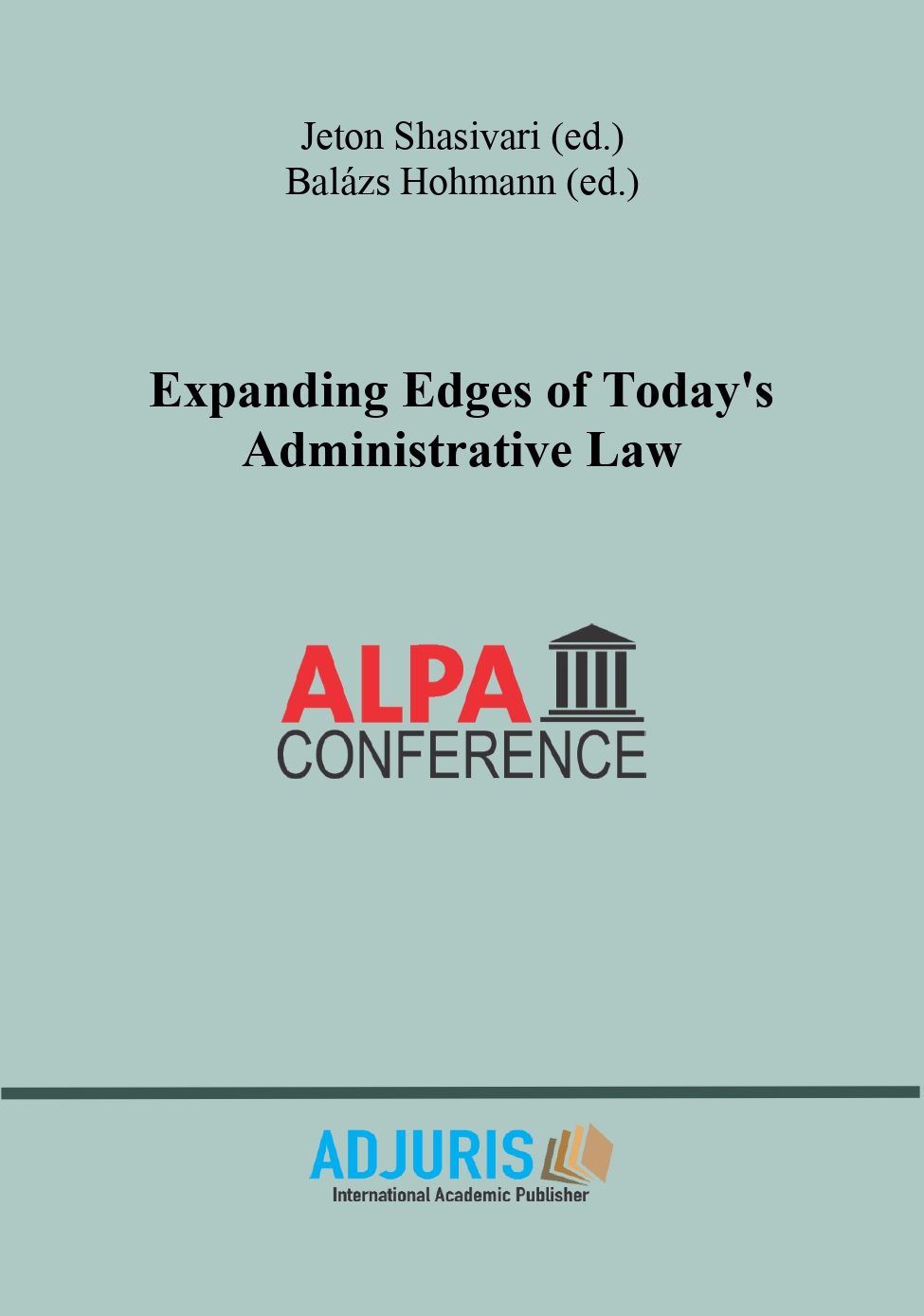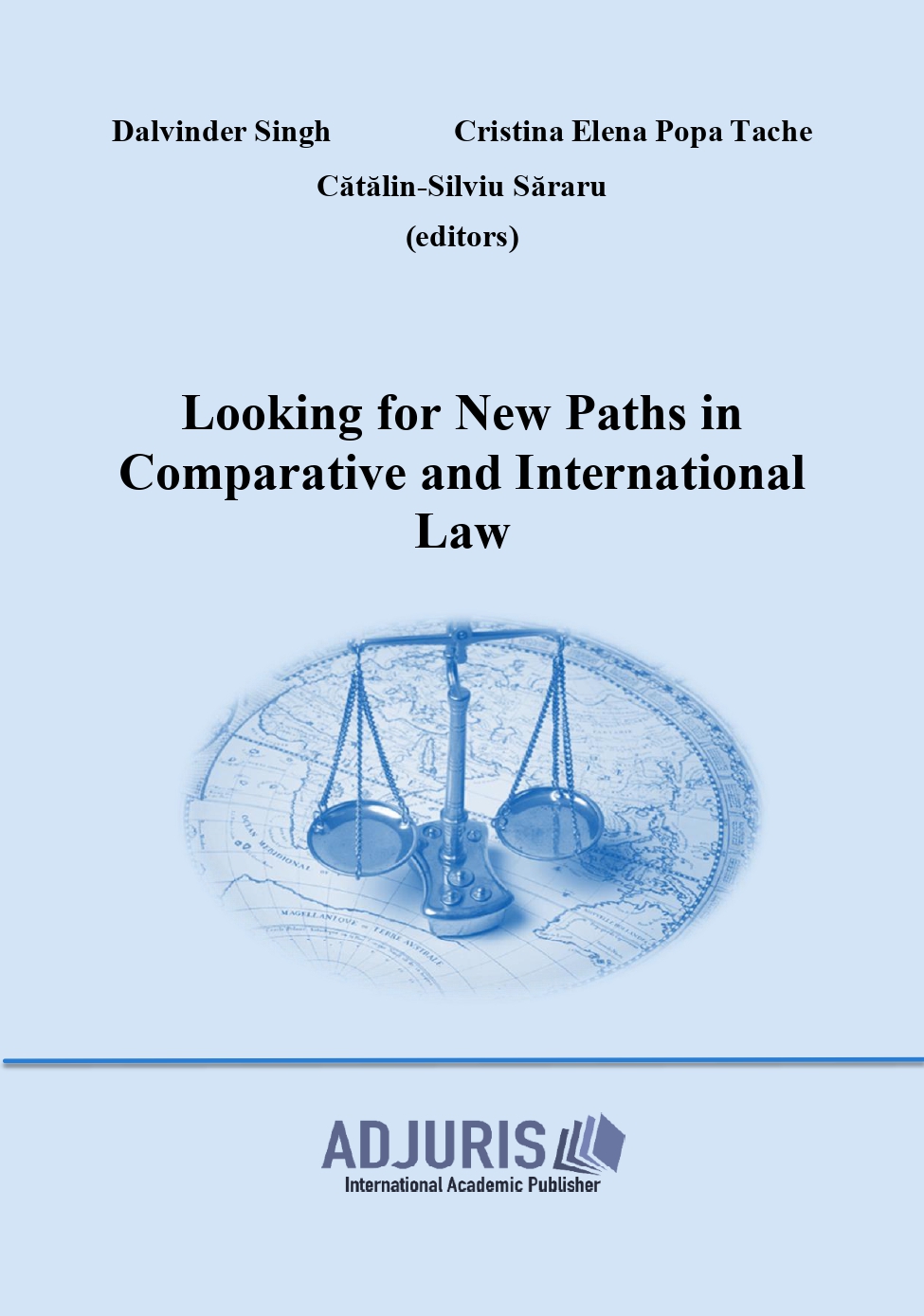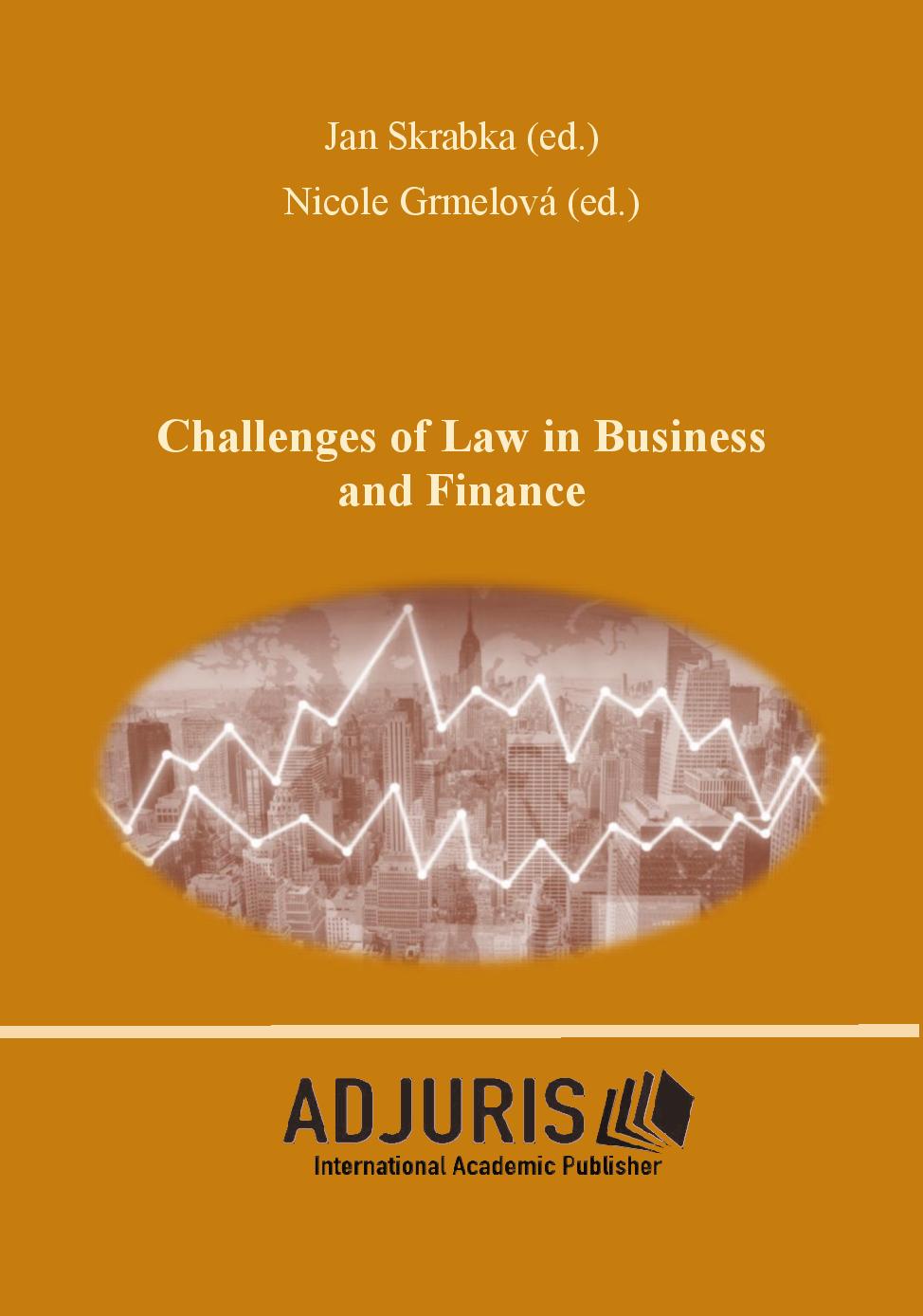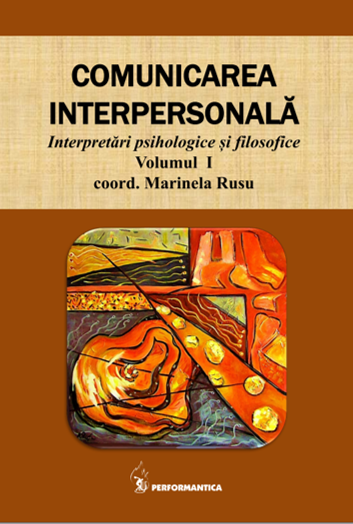
FORMAREA GUSTULUI ESTETIC AL ELEVILOR DIN CICLUL PRIMAR, UN OBIECTIV AL DIDACTICII MODERNE
The article addresses the need to form the aesthetic taste of primary school students, as the presence of arts in education is based on the need to create a cultural capital, with all the associated positive effects, but also to pursue the collateral benefits that arts insertion can have on learning, teaching and assessment of certain school subjects. The formation of cultural consumer behaviors and of a cultural capital market are objectives of modern didactics, as it is found in all normative regulations based on the concept of aesthetic taste. Being an objective of aesthetic education, aesthetic taste is required to be achieved through all types of teaching and extracurricular activities in order to form intellectual feelings, moral beliefs and other aspects of the structure of human personality. The cultivation of sensitivity through aesthetic taste ensures favorable premises for the realization of the educational ideal.
More...
